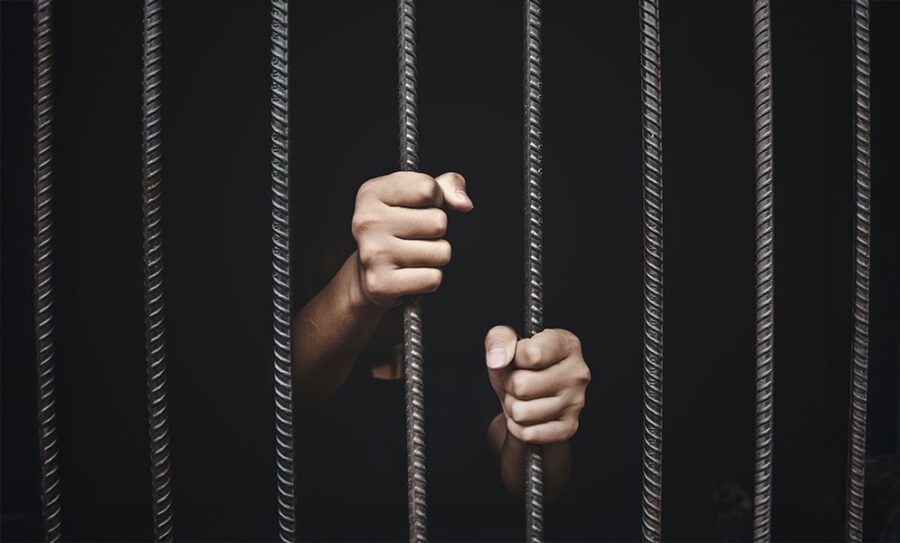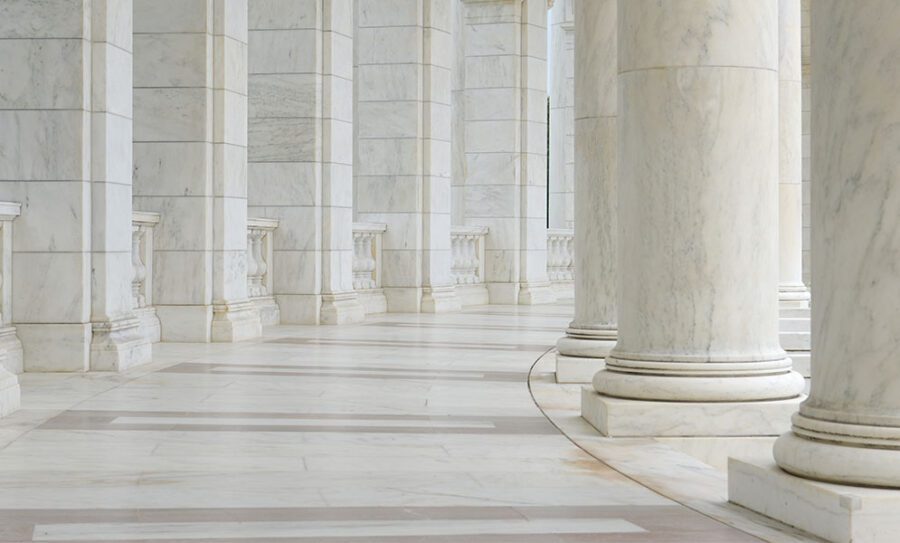“Then the LORD said to Moses, ‘Go in to Pharaoh and say to him, “Thus says the LORD, ‘Let my people go, that they may serve me.’” – Exodus 8:1, ESV
This clear, divine directive to Moses serves as a powerful entry point for crafting a cohesive political philosophy grounded in a holistic theology of liberty. True freedom is not the ultimate goal but a gateway.
The Theological Foundation of Freedom
The command in Exodus 8:1 does not merely denounce civil subjugation; it is a summon toward the divine purpose, “that they may serve me.” The Israelites were not freed for the sake of autonomy alone; they were freed to enter into a covenantal relationship of worship and service to the Lord. Here lies a core principle: freedom in this narrative was not the end—an invitation to self-define—but the space to rightly orient the self to truth, goodness, and divine purpose.
C.S. Lewis captured this essential truth when he wrote:
“God created things which had free will. That means creatures which can go wrong or right… free will, though it makes evil possible, is also the only thing that makes possible any love or goodness or joy worth having… The happiness which God designs for His higher creatures is the happiness of being freely, voluntarily united to Him… and for that they’ve got to be free.”
From Eden to Egypt to Calvary, God’s economy of salvation operates within the bounds of human choice. Freedom—even the freedom to rebel, to idolize, or to err—is granted by God as a necessary condition for chosen love and chosen allegiance to be possible.
The Political Implications: Freedom as a Prerequisite to Righteousness
This understanding of freedom has political implications. A sound political philosophy must allow room for both virtue and vice—not because vice is good, but because coerced virtue is no virtue at all. To restrict the possibility of idolatry or moral failure is to restrict the very freedom that makes love of God or neighbor possible. As such, true political liberty must encompass the potential for wrong choices.
To be clear, this is not to advocate unrestrained hedonism or moral relativism. Rather, it is to affirm the dignity of the human person as a moral agent. Only when one has the opportunity to choose poorly can one choose well. This is the paradox of liberty: freedom must extend far enough to allow rebellion, even though there will be consequences because anything less is not liberty. If there is no liberty to choose wrong, there is no liberty.
Guardrails for Liberty: Justice and Mutual Non-Harm
Where, then, are the limits of political freedom? Scripture provides a clear ethical boundary in Micah 6:8: “He has shown you, O man, what is good; and what does the LORD require of you but to do justice, to love kindness, and to walk humbly with your God?”
In political terms, the threshold where freedom becomes injustice—that is, where one person’s liberty deprives another of theirs—is where liberty must be constrained. The just balance is a system of ordered liberty in which individuals are maximally free, so long as their freedom does not inflict injustice upon others.
Thus, a just society does not criminalize idolatry, heresy, or other private bad choices, but it does legislate against theft, assault, trespassing, fraud, and coercion. These are violations of another’s liberty and dignity and thus fall outside the bounds of just freedom.
Conclusion: Toward a Free and Just Society Under God
Exodus 8:1 gives us more than just a rallying cry for freedom; it offers a framework for a theology of liberty. It situates political freedom within a divine telos: service to the living God. But it also affirms that such service must be voluntary—and therefore, freedom must be preserved even at the risk of its misuse.
A sound political philosophy, then, is one that reflects God’s own pattern: providing space for rebellion so that true virtue may emerge, nurturing justice so that freedom does not become tyranny, and upholding the dignity of choice as the soil from which love, loyalty, and liberty all grow.
Yet this theology of liberty also reveals a dual responsibility—one for the state, and one for the soul. The highest good our politics can achieve is to secure liberty, but the highest good the individual can pursue is to use that liberty to yield wholly to Christ.
True freedom is not license but the invitation to offer oneself as a living sacrifice (Romans 12:1), choosing daily to serve God rather than self. As Lewis reminded us, the happiness God intends is not robotic conformity but the joy and fulfillment of freely chosen communion with Him.
In the end, freedom is not the goal—it is the garden where the human heart is free to say, “Yes, Lord.”
To read more about how society can flourish, read We Believe in Flourishing Society.





